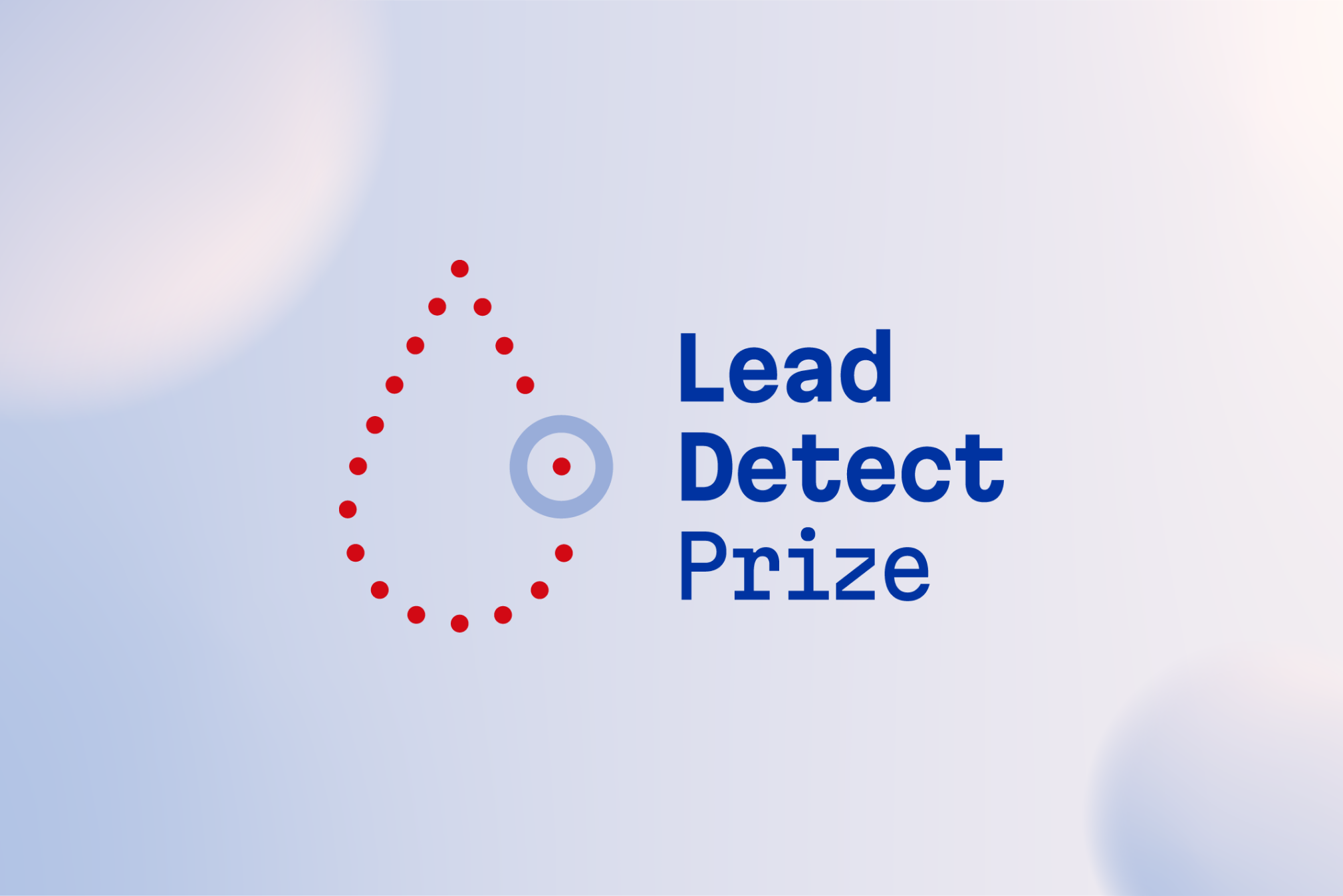The Lead Detect Prize announces Phase 2 winners at a live Demo Day event.
Lead poisoning remains a significant public health issue in the United States and around the world, disproportionately impacting children living in communities experiencing disadvantage or poverty. There is no safe level of lead in the blood; exposure to even small amounts of lead can cause irreversible neurological damage and other harmful health effects in children. In 2021, Centers for Disease Control and Prevention (CDC) issued new guidance for blood lead testing, decreasing the blood lead reference value from 5 μg/dL to 3.5 μg/dL. But there’s currently only one FDA-cleared point-of-care test for lead in blood, and at times it’s unable to provide clear, actionable results at the new, lower reference value. The Lead Detect Prize was launched to advance point-of-care testing solutions and enable more reliable, accessible, and efficient blood lead testing for children.
This week, the Lead Detect Prize announced three Phase 2 winners:
- Meridian Bioscience, the first-place winner, will receive $500,000. Meridian Bioscience is using electrochemical sensors to detect lead by measuring the electrical current in a blood sample.
- OndaVia will receive the second-place prize of $250,000. OndaVia is applying optical technology to detect the presence of lead using a distinctive fingerprint signature.
- GlucoSentient and UT Austin will receive the third-place prize of $100,000. GlucoSentient is adapting a blood glucose meter platform and using a DNAzyme sensor to detect lead in a blood sample.
Phase 2 winners were announced during a live Demo Day at the Milken Institute School of Public Health at the George Washington University. At the October 24 event — held during the 25th annual National Lead Poisoning Prevention Week — all five Phase 2 teams presented their lead detection solutions to an audience of funders, policymakers, industry partners, public health experts, clinicians, and researchers.
The Lead Detect Prize demonstrates how open innovation can stimulate the development of new tools and technologies to address pressing but otherwise unsolved public health challenges. The prize motivated teams with longstanding investment in blood lead testing — as well as solvers who have never before worked in the space — to put forth new approaches and improve on existing options. The multiphase challenge offered clearly defined criteria and target performance metrics, as well as access to experts, resources, and collaboration opportunities, to help diverse innovator teams remain focused on a clear objective. Phase 1 of the Lead Detect Prize received 21 concepts from teams in nine countries.
The Lead Detect Prize is part of the Biden-Harris Administration’s action plan to protect communities from lead exposure in the United States. Realizing the vision of a lead-free future in the United States — and around the world — will require diverse strategies, increased funding, and meaningful partnership between sectors and industries. Improved blood lead tests for children will help providers determine whether medical or environmental follow-up activity is recommended for individual patients, and can help identify communities where lead abatement is most urgently needed.
The Lead Detect Prize was designed and administered by Luminary Labs under contract with the National Aeronautics and Space Administration (NASA) Tournament Lab and in collaboration with CDC. The Childhood Lead Poisoning Prevention Program (CLPPP) at CDC is committed to the goals established by the U.S. Department of Health and Human Services’ Healthy People 2030 initiative to reduce lead exposure in the population and reduce blood lead levels in young children. Learn more about the Lead Detect Prize.

